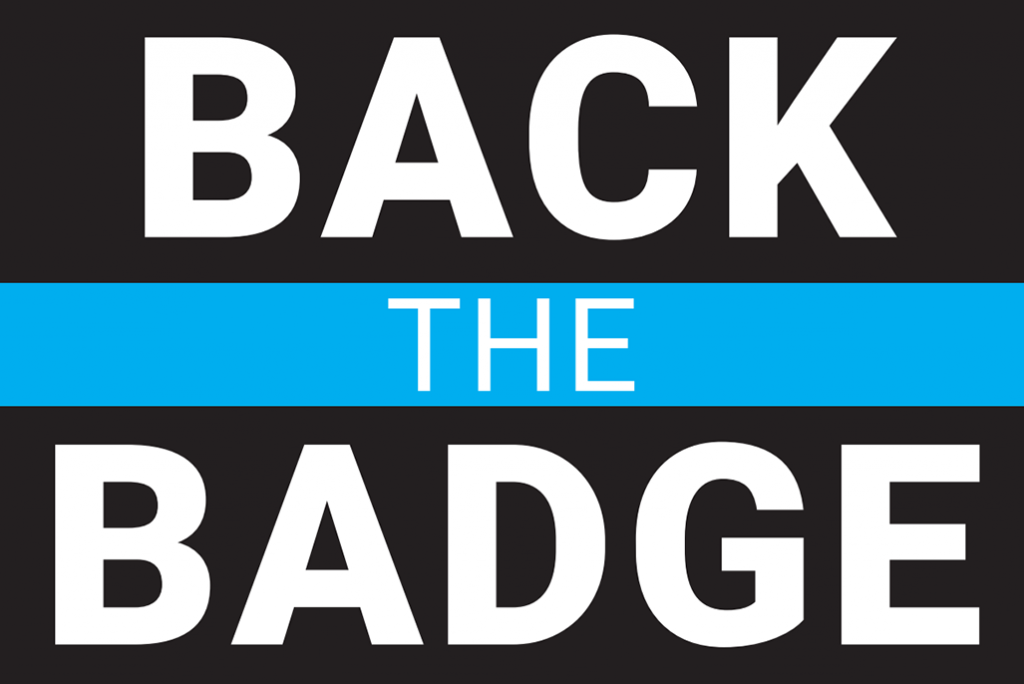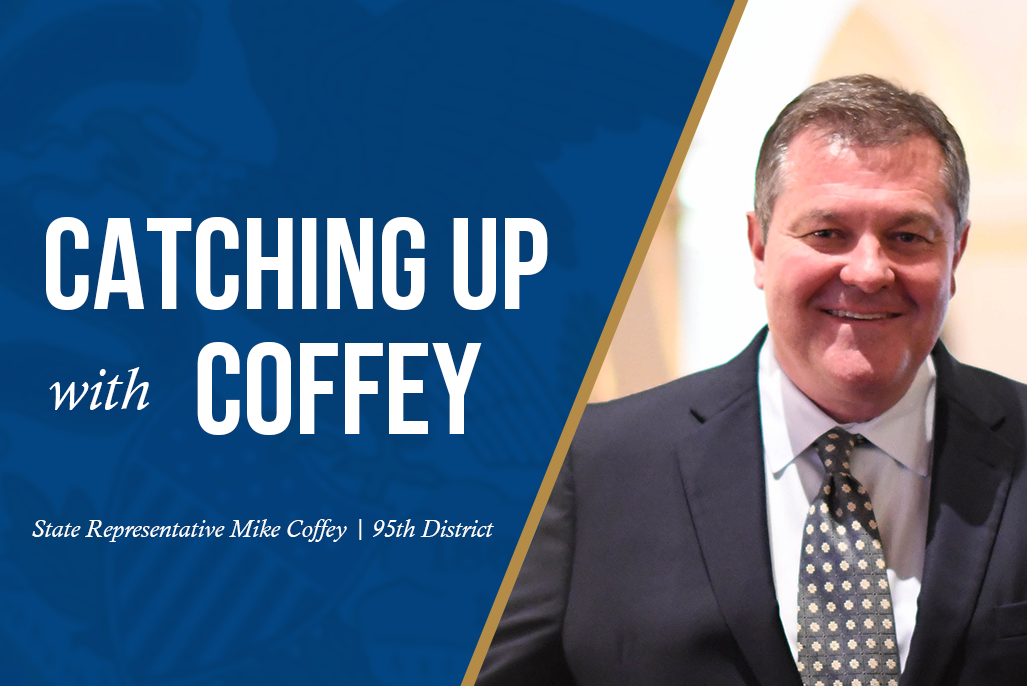EDUCATION
Illinois children could get a second chance at better schools and choice. The State of Illinois had a successful school-scholarship tax incentive program, “Invest in Kids,” until 2022-2023. The “Invest in Kids” program was then allowed to expire, despite House Republicans fighting to keep it alive.
State Rep. Mike Coffey is a staunch supporter of school choice and issued the following statement:
“Our children’s future in education is crucial for the communities and school choice is suited for disadvantaged households. The Invest in Kids scholarship program was popular, successful, and reflected the direction of Illinois education for students who don’t want to be left behind.”
Through Invest in Kids, Illinois taxpayers could make tax-free donations to the fundraising groups of the private school or school system of their choice. The fundraising groups were mandated to use funds raised through Invest in Kids to provide scholarship opportunities to selected students. The young people participating in the Invest in Kids program received reduced-tuition or tuition-free education at the schools to which they had been admitted.

A recent change in federal law has given this concept a new chance of life in Illinois. A new federal tax law contained within the “One Big Beautiful Bill” has created a new, nationwide program for opt-in states, and their taxpayers, to participate in a new package of income tax scholarship incentives. For opt-in states, the new federal scholarship program would operate in a manner like “Invest in Kids.”
The Chicago Tribune has called upon Illinois leaders to opt into the school-choice provisions of the new Trump tax law. House Republicans have supported the reinstatement of “Invest in Kids” and the restoration of school choice to thousands of Illinois students and their families.
CORRUPTION
Illinois must embrace ethics reform now. Illinois politics is no stranger to corruption. Considering our state’s history, the past few years have brought an unfortunately unsurprising wave of scandal that shook public trust and exposed blatant abuses of power. From the Capitol Dome to Chicago City Hall, a multitude of indictments and convictions have made one thing clear: Illinois has an ethics problem, and the time for action is now.
Illinois House Republicans have been leading the charge to pass a bold anti-corruption agenda. To date, Democrats have largely ignored arrests, indictments, guilty verdicts, and the stain that each place on the public’s trust by ignoring a sweeping package of reforms proposed by key lawmakers.
If the public’s faith in Illinois government is at an all-time low, it’s because the citizens of Illinois have lived through too many examples of elected officials using their office as a place of self-service and personal profiteering rather than as a place to serve the public first. Immediate, serious, sweeping ethics reforms are needed to save the state from further swirling the drain and maintaining an embarrassing reputation as a hotbed of public corruption.
FIRST RESPONDERS
Illinois State Police graduates the largest cadet class in 25 years. The newly sworn troopers will be assigned to join all ten regional locations of the Illinois State Police (ISP). Commending the graduates, State Police Director Brendan F. Kelly noted that the new troopers marked the largest ISP cadet class in the past 25 years.

The State Police will consider qualified adults for cadet training and sworn standing. Qualified new applicants may be chosen to initiate 29 weeks of traditional cadet training. In addition, persons who have already won standing as certified police officers with prior experience may choose to apply for entry to an accelerated 12-week State Police entry program, open only to persons with prior police experience.
In both cases, after undergoing State Police academy cadet training, future ISP troopers are then invited to participate in a final 14-week field training program, for hands-on experience-based learning. After completion of the field training program, the 95 members of the summer 2025 Illinois State Police cadet graduate class were sworn in as State Police troopers.
JOBS
Illinois’ unemployment rate falls to 4.6%. Illinois’ unemployment rate fell -0.2 percentage point to 4.6 percent in June, the first monthly decrease since February of this year and the lowest unemployment rate since August 2023, based on preliminary data provided by the U.S. Bureau of Labor Statistics (BLS). The revised May unemployment rate was unchanged at 4.8 percent.
The number of unemployed workers was 307,300, down -3.5% from the prior month, and down -9.5 percent over the same month one year ago. The labor force decreased (-0.2%) over-the-month and was down -0.3% over-the-year.
The US unemployment rate edged down to 4.1% in June 2025 from 4.2% in May, defying market expectations of a rise to 4.3%. The rate has held within a narrow 4.0%–4.2% band since May 2024, signaling broad labor market stability.
Illinois’ unemployment rate remains persistently higher than the national rate.
